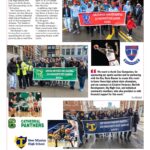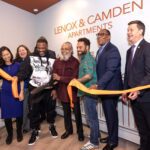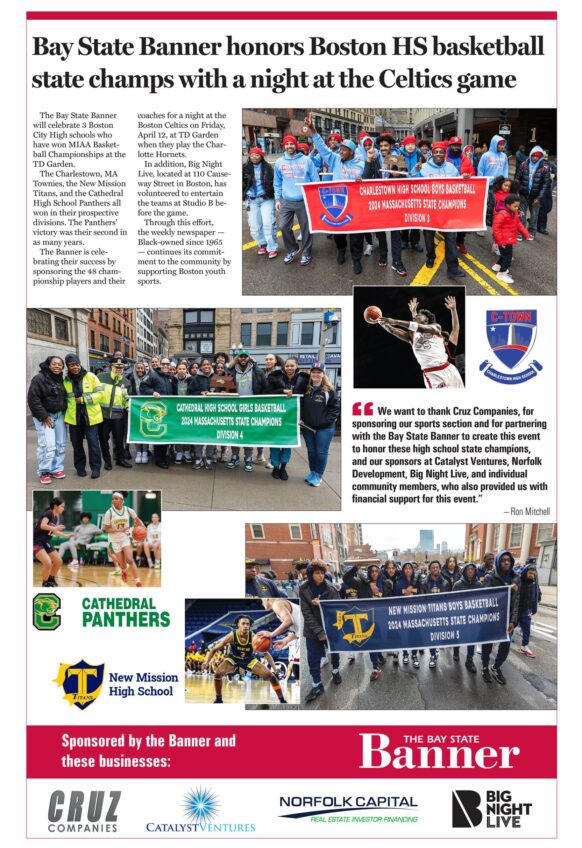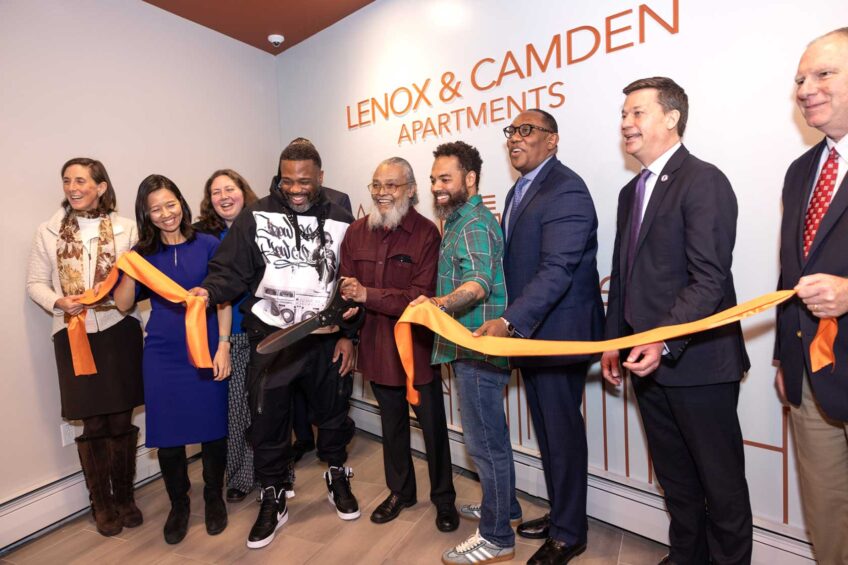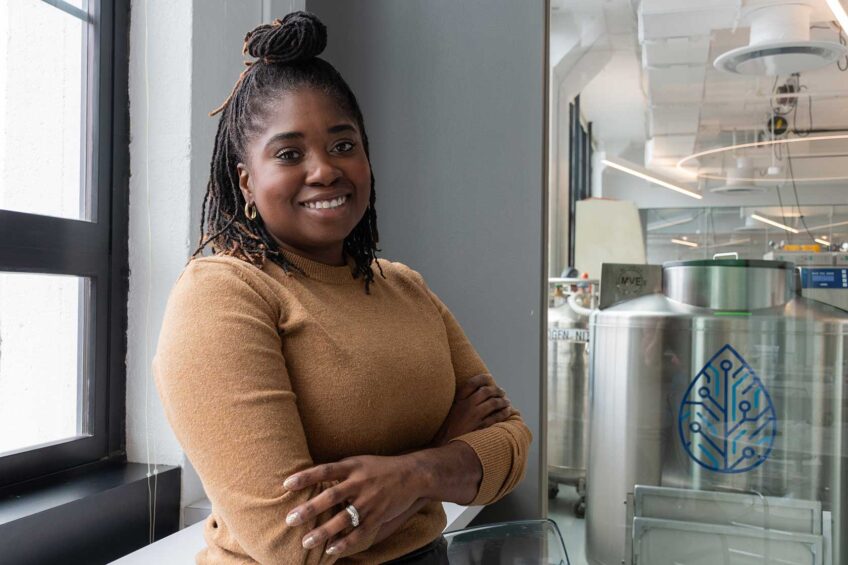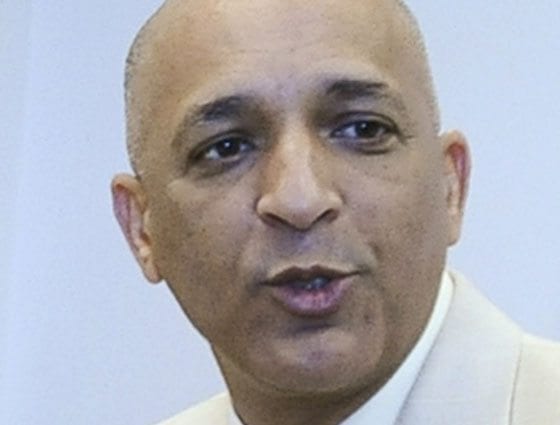
LAWRENCE, Mass. — As one of the state’s few elected Latino leaders, William “Willy” Lantigua works his way around Massachusetts, speaking at forums on immigration and foreclosure and making frequent guest spots on Spanish-language radio.
The state representative’s downtown Lawrence campaign office resembles a social service agency, as Latino residents from all over drop by to complain about water bills or seek his help with immigration issues.
Now the Dominican-born Democrat is hoping to take on a second job — mayor of Lawrence. If he succeeds, he would become the first Latino elected mayor in Massachusetts history.
“I’m just answering the call of the people,” said Lantigua, 53. “So I’m in.”
For Latino voters, the 2009 mayoral campaign in Lawrence won’t be just another local race for this working-class city of 71,000, located near the New Hampshire border. For the first time in state history, the mayoral election will occur in a municipality where the majority of registered voters are Latino. Earlier this year, Latinos surpassed non-Latino white voters as the majority of Lawrence’s 32,000 registered voters.
That means the 2009 race could offer clues to how Massachusetts Latino voters flex their political muscles when they have the numbers, said Richard Padova, a government professor at Northern Essex Community College. It also means that whoever wins the Lawrence election could be a major political player statewide, given the emergence of the state’s Latino vote, Padova said.
“This could be a good year for Hispanics,” Padova said. “In the past, they didn’t have the numbers nor strong candidates. It’ll be different now.”
Statewide, Latinos are one of the few groups that have seen their state population numbers rise between 2000 and 2006, according to the U.S. Census. They currently represent about 8 percent of the state’s population.
Latinos also recently have made inroads in winning city elections in Boston, Chelsea, Salem and Lowell. Yet only in Lawrence have Latinos come within a few thousand votes of winning the city’s top job. In 2001, Isabel Melendez narrowly lost to current Mayor Michael J. Sullivan.
Padova said Lantigua’s entrance adds an interesting twist to the Lawrence race since he’s well-known and has been one of the few politicians to bring together the city’s Dominican and Puerto Rican voters — two populations that have historically feuded in Lawrence. In previous elections, the competing sides have been split among mayoral candidates.
Giovanna Negretti, executive director of ¿Oíste?, a Massachusetts group that encourages Latinos to run for office, said the numbers in Lawrence lend themselves to electing the state’s first Latino mayor. But she cautioned that Latino voters won’t just vote for Latino candidates.
“I think Latino voters will want someone who is going to offer broad-base solutions for Lawrence, which is a city with a lot of problems,” Negretti said.
For his part, Lantigua said he’s running to represent all people of Lawrence. He points to his work in the state legislature in dealing with the foreclosure crisis.
“Everyone is affected by that, not just Latinos,” said Lantigua, who plans on also remaining a state lawmaker if elected mayor. “And a mayor will have to be able to reach out to all people.”
But even Lantigua acknowledged he had work to do to convince non-Latino voters. His legislative district is largely Latino and he hasn’t been tested in a citywide race with a larger draw of white voters.
And not all are convinced that Lantigua is the right man to make history.
Lawrence City Council President Patrick Blanchette, who also announced he was running for mayor, said he has done a better job at reaching out to the city’s diverse populations. A white councilor who has been taking Spanish-language lessons in preparation for the race, Blanchette said the election shouldn’t be about making history but about doing what’s right for the city.
“I have a record in city council that people will recognize,” said the five-term councilor, who is close friends with Lt. Gov. Tim Murray.
Blanchette also added that Lawrence needed a full-time mayor, not just a high-profile ally on Beacon Hill.
“It’s off base that [Lantigua] can think he can do double-duty,” Blanchette said.
Former Lawrence City Councilor Israel Reyes, another mayoral candidate, said he’s not deterred in also trying to be the first elected Latino mayor, even with the higher-profile Lantigua in the race.
“I’m going to yield to the voters and let them decide,” Reyes said.
Nothing in the State House rules prevents Lantigua from holding both positions. In the past, other state lawmakers have also served as a councilor or alderman. But usually those other positions are part-time, according to state officials.
Padova said the Lawrence election is important also because previous Lawrence mayors have moved on to state jobs. For example, former Mayor Kevin Sullivan became transportation secretary and former Mayor Patricia Dowling resigned to become a district court judge.
Current Mayor Michael J. Sullivan mulled a run for Congress on the GOP ticket as allies touted his popularity among Lawrence Latino voters.
But like races in other Massachusetts cities with large minority populations, the outcome of the Lawrence election will rest on turnout, Padova said. In past Lawrence elections, some largely Latino precincts failed to vote in large numbers.
During the 2008 presidential elections, for example, towns surrounding Lawrence had voter turnout of 60 to 80 percent.
“Meanwhile, there was poor Lawrence with less than 50 percent turnout,” Padova said. “It was like an island [unto] itself.”
(Associated Press)

